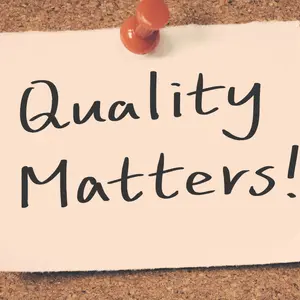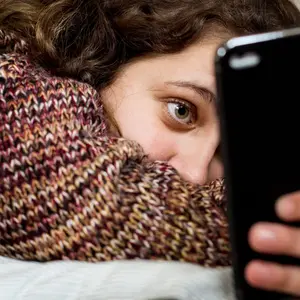

Mental and Behavioral Well-Being

Mental and Behavioral Well-Being
Cutting Back on Social Media for Better Mental Health
A recent study published in the American Psychological Association’s journal of Technology, Mind, and Behavior demonstrates that limiting social media use to 30 minutes a day may impact psychological wellbeing. The new study builds upon previous research that tends to come to a general consensus that higher social media usage is associated with increased anxiety, depression, loneliness, and fear of missing out (FoMO). These studies have mostly been targeted toward young adults and teens as they make up the majority of the population that frequently uses social media. In fact, based on self-reports, young adults spend an average of three hours per day on social media.
The current study is unique, however, because it is interested in examining the effects of monitoring social media usage to a lower time, rather than the effects of complete abstinence, which may be unsustainable for the average user. This study also examines a wide variety of psychological outcomes at once, including anxiety, depression, FoMO, loneliness, positive affect, and negative affect. Additionally, while past studies have examined one social media platform at a time, this study examines the impact of many at a time by having the participants limit the usage of their top three most used social media apps.
The setup of this study included generating two groups: The control group that was allowed to continue their normal social media usage throughout the study, and the experimental group that was instructed to limit their social media usage to 30 minutes a day (10 min per each participant’s top three apps). Social media usage was measured in minutes through the screen time app on the participants’ smartphones.
After two weeks of restricting social media use, the self-monitored group showed significant improvements in their psychological well-being. Anxiety, depression, loneliness, FoMO, and negative affect decreased while positive affect increased. These results suggest that limiting social media usage may improve psychological well-being on multiple dimensions. This study opens the possibility for more qualitative studies that may dig deeper into individuals’ motivations and feelings toward their social media use. Also, future research may consider investigating the long-term impacts of self-monitoring.
REFERENCES
Faulhaber, M. E., Lee, J. E., & Gentile, D. A. (2023). The effect of self-monitoring limited social media use on psychological well-being. Technology, Mind, and Behavior, 4(2). https://doi.org/10.1037/tmb0000111


 By
By







